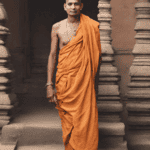Hinduism follows iconographical beliefs and practices related to Karma.
Karma is the literal meaning of the deeds to our actions. Hence, good deeds are the result of good and the bad ones are the result of evil action. Hindus would wish like living a life attributed by karma those results in the endless cycle of life. Attaining Moksha, the divine part of human life is the ultimate goal of every Hindu.
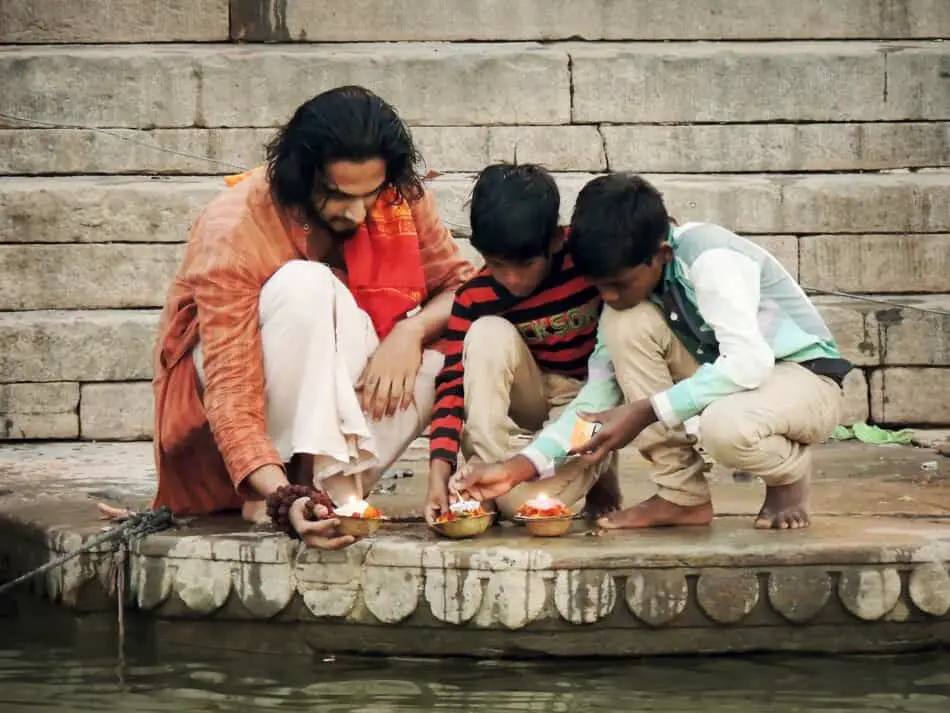
Certain restrictions are considered as core beliefs in Hinduism and the restrictions play a vital role attaining Moksha. Hindus believe in worshipping God as an image or idol perhaps also they worship one or more gods, in turn. It is not necessary to worship more than one deity rather permissible to worship one god as a favorite.
Core beliefs of Hinduism
Hinduism is the self-generated religion and does not constrict under certain rules as commandments. Though considered more ancient religion, it follows advanced and foremost practices that are proven scientifically true. Hindus are mostly concerned about following certain principles described in Vedas. Therefore, Hindus follow truth, dharma, and karma finally attaining the Moksha, the destiny of human life.
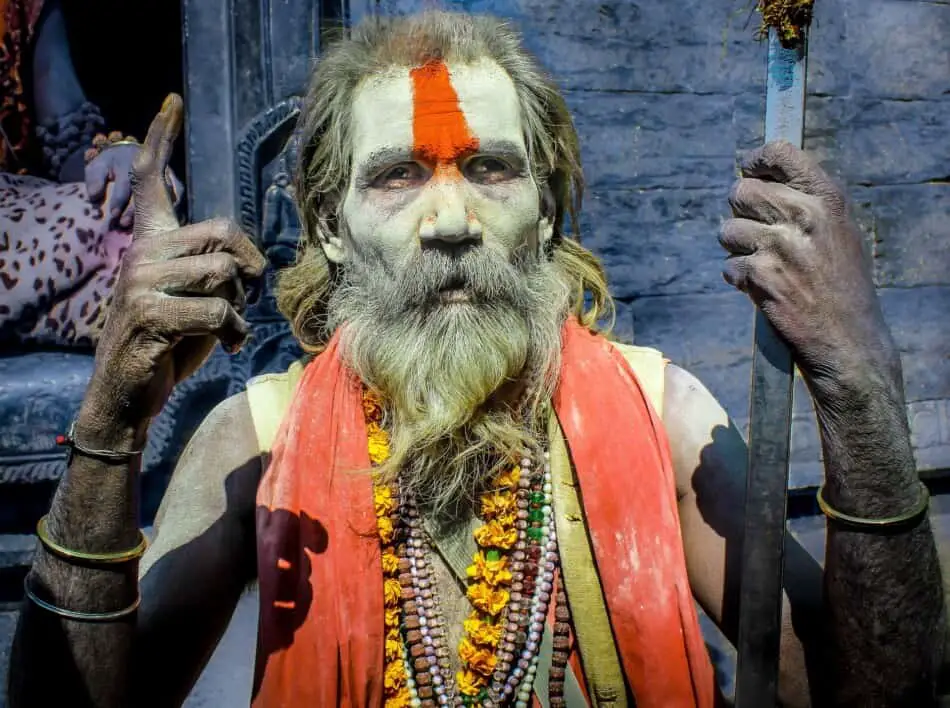
1. Truth
The truth is eternal and the abode of wisdom perhaps individuals belong to Hinduism follow truthfulness. Of Course! The wise man has truth as the conduct of identity and pursues truth in a variety of ways.
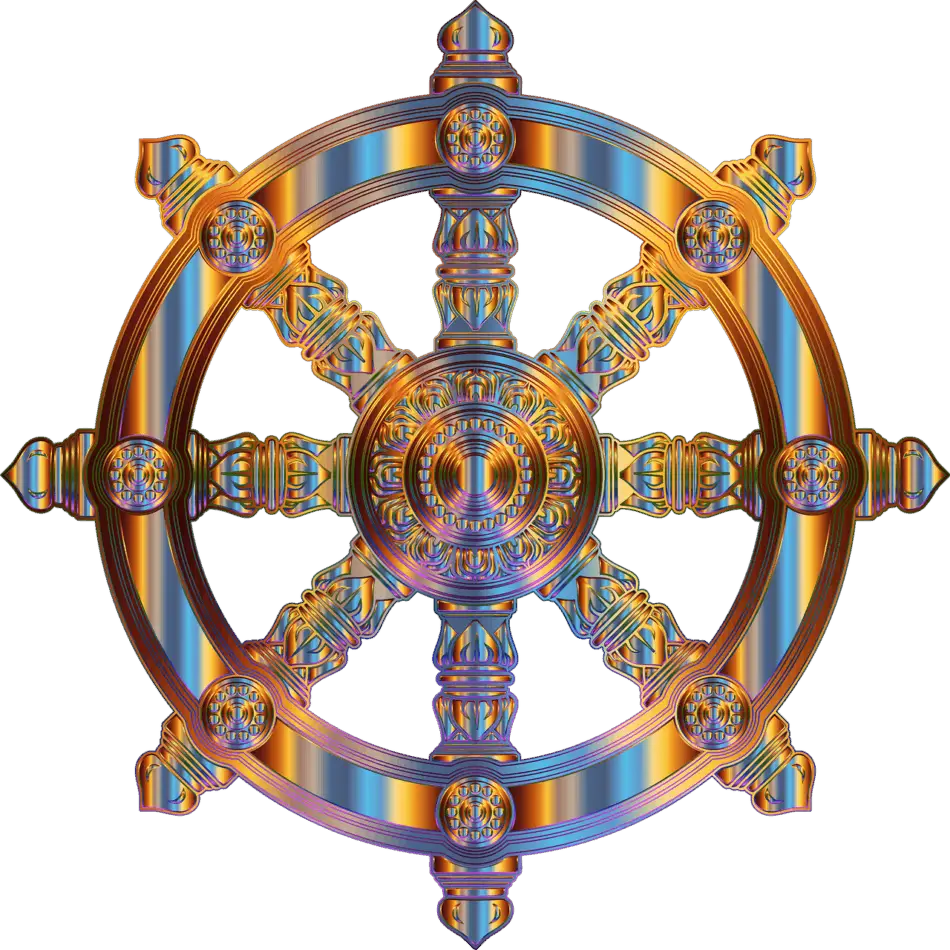
2. Dharma
No exact and single word meaning is there to explain Dharma and it’s what about in English. Dharma is the principle attitude that one believes exists in all his actions. Every action has equal and opposite reactions.
It is also pursued as conduct of honesty, loyal and moral laws. Everyone strives to achieve dharma in their ways. Understanding the actual meaning and concept of Dharma is the achievement in Hinduism also Hindus try their best to know about Dharma.
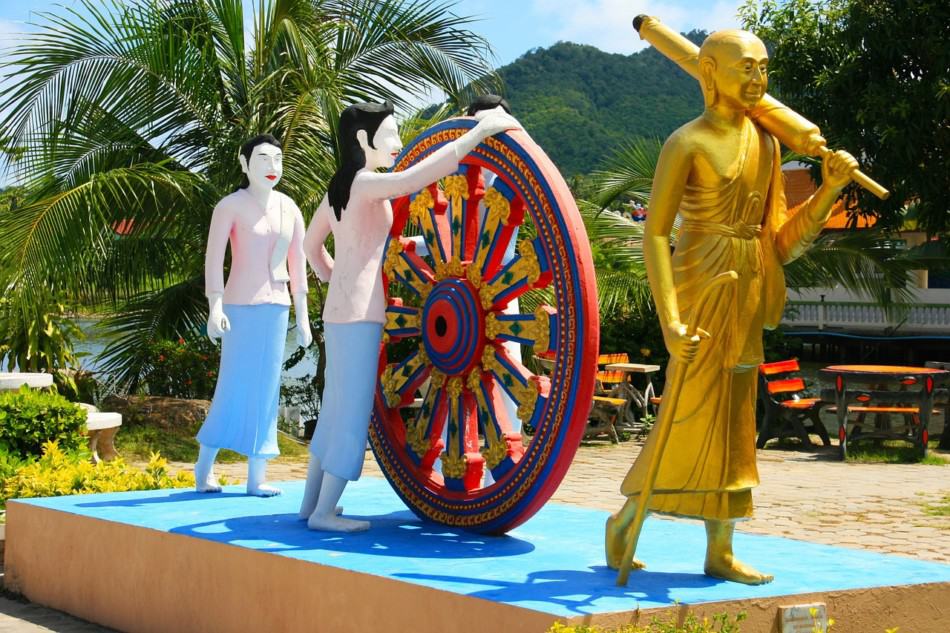
3. Karma
The effects of the action achieved by the individual are called Karma. Hinduism preaches karma as the attitude and reaps of what have done before. The karma decides the achievement of deeds either good or evil. Hindus believe that karma sow the seeds of rebirth and exactly the effects of karma determines the body achieved in the next birth.
It is again the karma that determines the achievement of the final destiny of Hindus, Moksha. People do not bear again until they achieved Moksha. It is the final destination of the soul after death and every Hindus wish to achieve it.
Practices and behaviors of Hinduism
Let’s know about the practices and behaviors Hindus pursue. Not exactly all the practices are superstitious rather proven scientific truths are hidden in every practice. Based on the traditions and customs alone the behaviors and practices of Hindus are framed. Though turned urbanization culture, Hindus follow and pursue their behaviors, even today.
Certain practices mark the identity of Hindus and even the individuals owe to attain the importance. Despite believing the tradition and religion optionally, it is considered more important to follow certain practices and behaviors. Few practices are listed and detailed in brief about the behavioral aspects of Hindus.
1. Marks on the forehead
This makes the fundamental identity of Hinduism that is grouped into a few classifications to isolate the individuals worshiping practice. The Hindus aspire three horizontal stripes or Tripundra on their forehead denoting that they had visited and worshiped Lord Shiva. Rather if two vertical markings join the eyebrows insist that the individual had visited Vishnu temple. Similar other markings with Kumkum, senthoor, and sandalwood are there notifying the behavioral pattern of Hindus and Hinduism.
Hindu women perform rituals associated with Puja, every day and at the end of puja markings on the forehead is made. She applies the same markings on the forehead of everyone in the house. In this way, she addresses that her entire family is blessed with the rituals that have undergone.
Even in temples, religious get together and other religious functions shower the blessings of the deities in the form of markings made on the forehead of the devotees or people. It is common to all people hence the non-Hindus are attributed get applied with the markings which do not mean religion conversation, anyways.
2. Conducting PUJA
Performing puja every day is the ultimate and fundamental ritual and the practice of Hindus. Women in every family are taught conducting puja, every day. Though modern routines may not allow following the practice and behaviors yet occasional puja is carried out. Either weekly once or twice is a must to perform puja.
Worshiping the deity is the behavioral practice and core belief of Hindus. The practice brings eternal joy and internal faith and wisdom, according to Hindus. They also believe that deity worship is Hindu Dharma and every Hindu is bestowed to worship their deity. A special place is attributed to conducting puja at home and suitable belongings required to conduct puja are kept at Puja room built-in the home, previously.
Accessories to puja rituals include the standing oil lamp (Kuthuvilakku), camphor, Ghanta or Bell, camphor stand, incense sticks, sacred pot, scriptures to chant while puja, finally the image or idol of deity to worship.
3. Conducting and observing festive celebrations
Celebrations bring joy and happiness. Being a devoted or non-devoted Hindus does not matter however participating festivals, at least, would ensure your devotion. For the Hindus, it is considered must taking part in festivals and performing rituals related to it. Not all the festivals in India are celebrated throughout equivalently rather there may be regional variations in observing a festival. For instant, Diwali is celebrated in different manners and rituals followed by.
Similarly, Hindus belief observing and taking part in festivals are a sign of devotion and extent of fulfilling the deeds. According to Hindus, observing and performing traditional festivals and rituals are the deciding parameters to acknowledge. No matter whether an individual in the house refuses following traditions and customs of Hinduism at the same time he/she would not consider as non-Hindu. But it is considered indispensable for the Hindus to perform and carry out customs and traditions, as scripted.
4. Food practice and related belief
Following respectful food practice is the sign of Hinduism and going on fasting is the related belief of the same religion. Hindus go for fasting once in a week or occasionally and this is considered sacred activity, as well. Besides, consuming a vegetarian diet is a unique identity for Hinduism. Compared to other major religion in India (Muslims and Christians), it is Hinduism alone that strictly prohibit consuming flesh and meat in their diet. Alternatively, devotional Hindus are there all around that might consume meat and flesh neglecting the fact of strict diet consumption.
It is also considered to be a devotional Hindu, it is not necessary to avoid Non- Vegetarian food. As there are genuine and sacred Hindus following a non-vegetarian diet. Hindus consume a special diet or food inauspicious day or festive eve as the food is the unique identity of Hinduism.
5. Visiting and worship at the temple
Devoted Hindus would not refuse to visit the temple and to attain puja at a sacred place. Even the less devoted Hindus do follow the practice of visiting the temple just because of the immense pressure led by his family members. It is considered a more traditional and respectful attitude visiting the temple. Iconographical aspects stress the fact that visiting the temple would calm down the mind and soul. The idols worshipped at temples are empowered with suitable minerals like iridium, copper; gold that is believed wiping off the negative vibration from visitors. This is exactly the reason for the devotees visit temple frequently and those who need peace of mind.
6. Customs and traditions of Hindu belief
As said before at the beginning of the article, carrying out a few customs and traditions is considered more important for being a devotional Hindu. A respectful and devotional Hindu should no longer hurt his fellow being at any cause. Hurting the fellow being either by words, action or other deeds would no longer bring moral values to his life. Karma is the result of deeds and actions underwent by individuals followed by which the Dharma is determined. Hindus always trust attaining dharma and stand in it to attain fulfillment in life thereby it is easy to achieve their goal of Moksha.
Therefore to avoid re-birth on this earth, Hindus strictly follows certain principles and customs throughout their lives. Also, Hindus believe that the human body is mortal whereas the soul and destiny are immortal. Hence to achieve Moksha, it is necessary to follow dharma and karma. Unfortunately, every action develops karma that proposes re-birth again and again.
Rituals and practices in Hinduism
Hindus are much determined about the rituals that are carried in their day-to-day life. Belief in following the practices and associated rituals completely depends on the individual and based on which the devotional part of Hindus associated. Most of the Hindus find a perpetual source to perform rituals and follow the customs and also there is also a certain group of people who try finding themselves apart from the divine supreme power.
Those people never depend on worshiping deity and performing rituals but practices find themselves i.e. the real identity of every Hindu. Rather most of the Hindus undergo four religious stages of life to achieve Moksha. At the end of all the four stages, people meet death where the soul attains Moksha. Here comes the description of four stages that people undergo during their lifetimes.
- Brahmacharya
The initial stage that is spent in school days in the process of attaining knowledge and its development. - Grastha
Followed by Brahmacharya is the Grastha during which the wholesome of worldly pleasures and pursuits are experienced. For instance, marriage and life followed by it, careers are driven by the worldly pleasures to attain. - Vanaprastha
This part is enveloped with the focus on spiritual thoughts and vibration. The one who admitted all his tasks completed such as adolescence of children and their development in career is eligible to enter the third stage of religious life. At this stage, people meditate for peace, finding inner identity, etc. - Sannyasi
This is the final stage of life according to Hindus. This is the end of the story and Hindus undergoes this part of life to achieve their lifetime goal Moksha.
Most common rituals and practices that are followed by Hindus in their lifetime are listed out below
Hindus are insisted to follow every ritual at a particular point of a lifetime right from birth till the end of death. The thesis of Hindu iconography explains the importance of performing rituals and customs.
- Marriage
This is the very first ceremony that is carried out based on the traditional values and customs of Hindus. Caste plays a major role in Marriage and the rituals are partly contemporary and traditional. - Purpose of inheritance
After the marriage occurs the necessity of developing the inheritance and offspring. The couple destined to make a family for their purpose. - Baby shower
This ritual is performed to invite the birth of the unborn baby. In the seventh or ninth month of pregnancy, the ritual is carried out to the carrying mother. - Birth and naming ceremony
The newborn baby is named after this ceremony. The priest is invited to the houses of Hindus and few customs are carried out. - Birthday of a child
On this day the baby is subjected to exposure of holy fire. A sacred yagna and Homa are conducted to praise the long life of the child. Also, at the time of the sixth month, the baby is given the first meal. - Piercing earlobes
The next day of birthday is auspicious to pierce the earlobes of the child. The maternal uncle carries the child on his lap and conducts the ceremony. Before earlobe piercing, the head is shaved completely. This tradition is followed in the Southern parts of India especially in Tamil Nadu. - Vidyarambam
On the ninth day of Dussera, the Vidyarambam is done to the child at his/her third or fourth year. The father of the child gives the very first teaching of knowledge to the child. - Janeu
This is the ceremony that occurs in one particular class of people (Brahman). Applying white-colored sacred thread to the boy that had attained the seven years followed by rituals is carried out by the priest. - Death
This is the final most stage of every human life. Hindus have too many rituals and customs associated with death. The funeral rituals are carried for about 16 days to pay respect to the dead soul.
